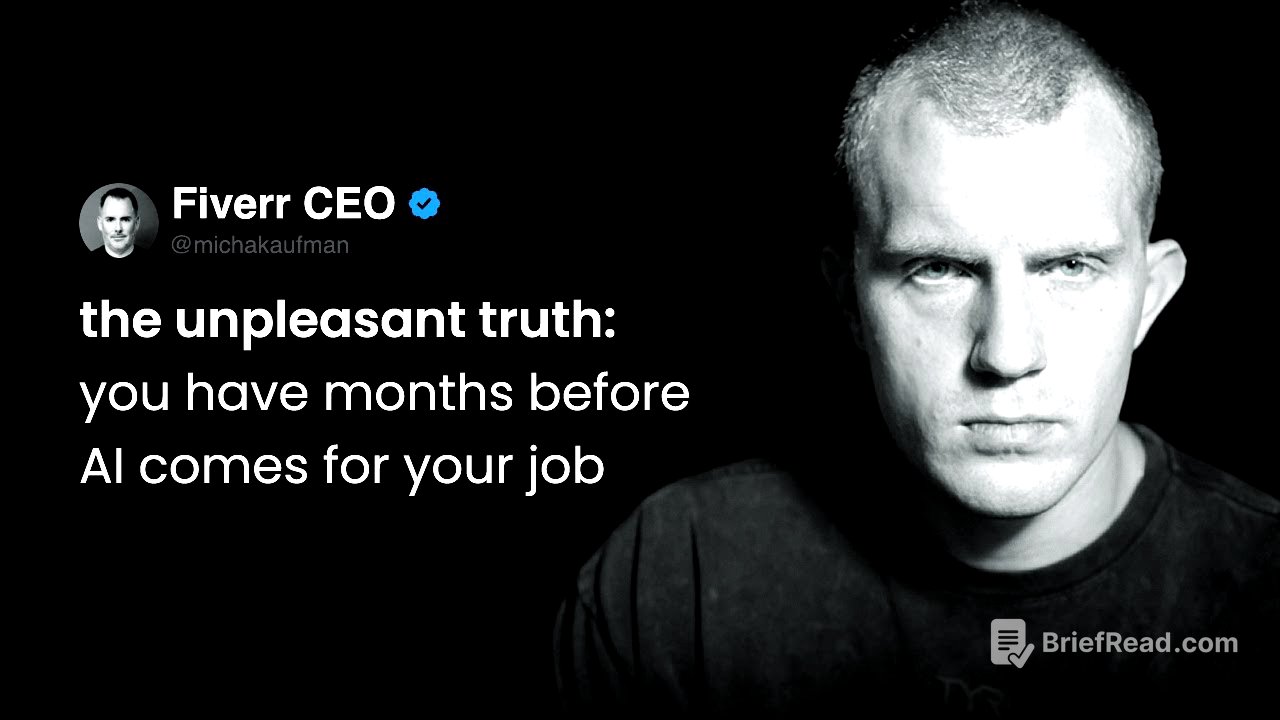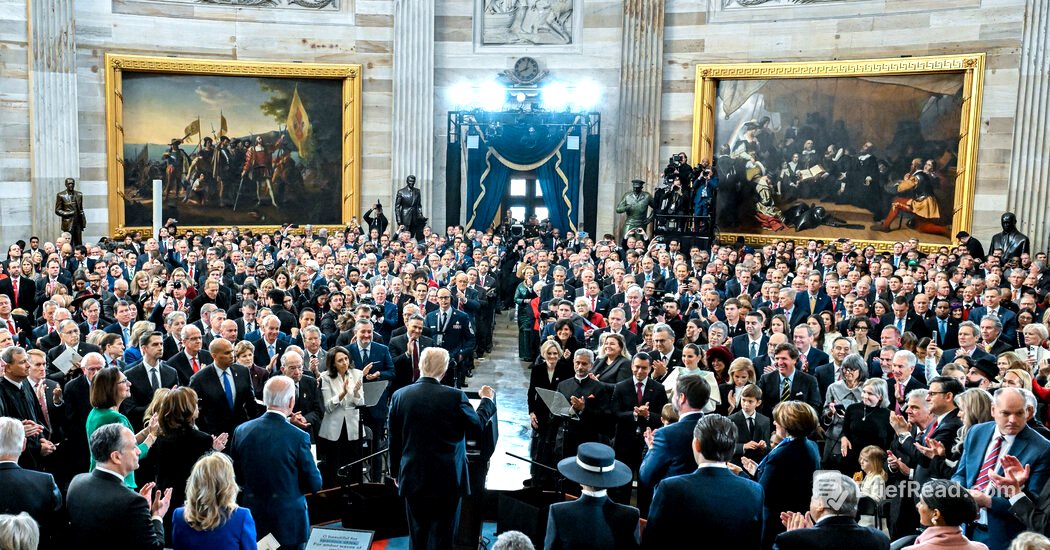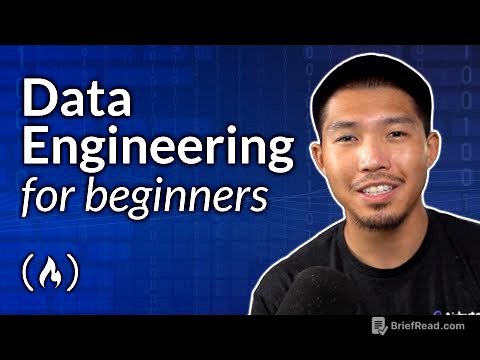TLDR;
This video discusses how AI is rapidly advancing and will impact jobs and careers. It emphasizes the importance of becoming "AI-first" by learning to use AI tools effectively, automating tasks, and focusing on uniquely human skills like mastery, meaning, and building a personal brand. The video also touches on the need to adapt to change, embrace continuous learning, and cultivate a community of true fans to thrive in an AI-driven world.
- AI is rapidly advancing and will impact jobs.
- Become "AI-first" by learning to use AI tools effectively and automating tasks.
- Focus on uniquely human skills like mastery, meaning, and building a personal brand.
- Adapt to change, embrace continuous learning, and cultivate a community of true fans.
AI Is Now Smarter Than Most Humans [0:00]
The video starts by highlighting the rapid advancement of AI, citing claims that AI models will soon surpass the intelligence of the vast majority of humans. It references emails from the CEOs of Fiverr and Shopify, who are urging their teams to adopt an "AI-first" approach. The CEO of Dolingo is even replacing contractors with AI. This advancement is causing concern for many who are unsure of what skills to learn or what jobs will remain relevant. The speaker believes that this is an incredible time to be alive with immense opportunity, and the video aims to provide clarity on how to prepare for the changes ahead.
Become AI First [1:47]
The video identifies three types of AI users: those who tried it once and dismissed it, those who use it for simple tasks, and those who fully embrace it. The speaker believes that the output of AI depends on the user's skill and imagination. To get the best results from AI, users need to provide specific instructions and guide it with their own knowledge. Prompts can be created, reused, and refined over time, acting like "little employees." While AI may not be perfect yet, learning to use it now will provide a significant advantage when it improves.
Try To Automate Yourself Out Of Work [4:32]
The video emphasizes the importance of becoming AI native, which involves rearchitecting how companies operate to scale decisions, creativity, and action with machines. It draws a parallel between pre-industrial artisans and farmers, who were self-directed and performed various tasks, and the repetitive work that many people do today. The speaker poses the question of whether AI will further remove autonomy or offer a new option for those who value creative work and control over their choices. Humans must abstract up a layer beyond current skills and transition from labor to mind, leveraging AI when appropriate and doing things themselves when necessary.
You're Probably Going To Have To Change Your Entire Life, And That's Great News [18:39]
The speaker acknowledges that not everyone has the time or resources to adapt to these changes, but for those who do, the AI revolution presents a great opportunity. The speaker argues that many 9-to-5 jobs lack novelty, meaning, fulfillment, and continuous growth, which are essential for psychological well-being. The speaker encourages viewers to embrace the opportunity to do something new and build things that provide challenge and complexity.
What's Left Is Mastery And Meaning [21:34]
The speaker asserts that the AI-first world leaves us with a mastery and meaning economy, where discovering and pursuing one's life's work becomes paramount. The speaker advises viewers to choose something they deeply care about, study and master it ruthlessly with an AI-first mindset, and share their knowledge and work publicly. Building a body of work that's impossible to ignore is the only real safety net in today's world.
Attention Is The Only Differentiator [23:01]
In a world filled with AI-generated content, trust, attention, and signal become more scarce. The speaker advises using AI to automate tasks that one doesn't enjoy but to avoid giving it complete control over the things one deeply cares about. The speaker emphasizes that individuals are the niche and the differentiator, with their unique mastery, experience, and perspective. People will continue to buy from people and brands they know, trust, and care about, making it more important to build a world that people can explore rather than just a sales funnel.
1,000 True Fans Is Increasingly Relevant [26:01]
The speaker concludes by highlighting the increasing relevance of the "1,000 true fans" concept. Most people don't need millions of followers to make a living; they need a smaller, dedicated group of fans who are willing to pay for their products or services. The speaker provides examples of how to generate income with a smaller audience and encourages viewers to treat their work as something that evolves and demands continuous learning. The speaker emphasizes that staying the same is the enemy of a good life.









